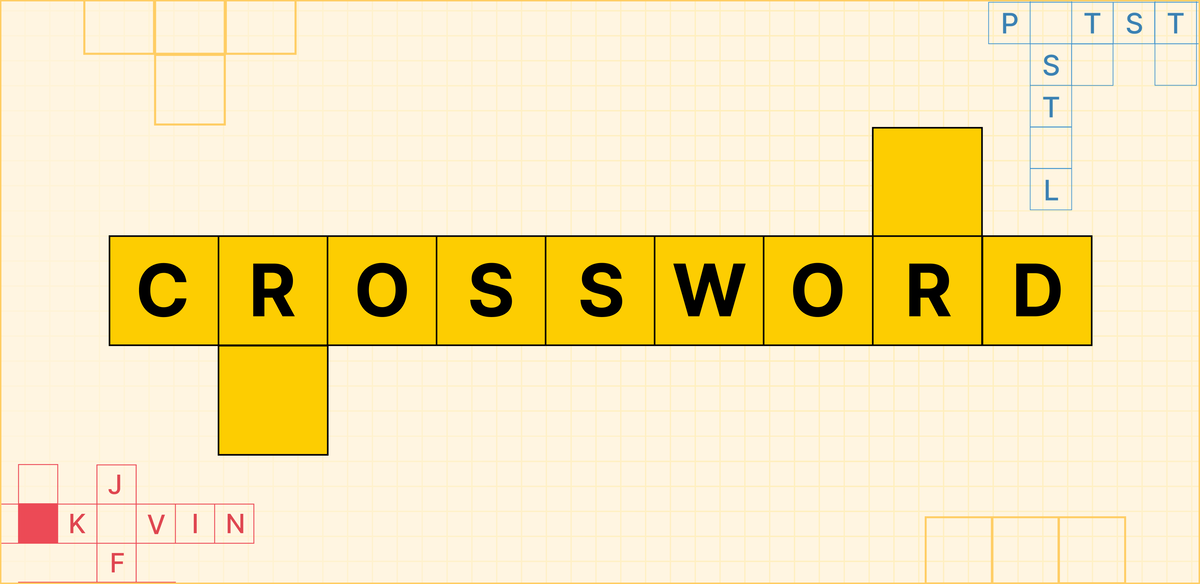
via Imago
via JRE Podcast

via Imago
via JRE Podcast
How do you emerge from under the weight of a colossal legacy of being John Lennon’s son? Joe Rogan posed this very question to Julian Lennon in a raw and revealing exchange on The Joe Rogan Experience. The Beatles legend may have left an indelible mark on music history, but for Julian, that legacy has often lingered like a burden. A bittersweet inheritance that shaped not just his name but the way the world sees him.
During his conversation on the JRE, the 61-year-old musician indicated that this struggle has haunted him for decades. Talking about the release of his last album, he shared a story of a story of struggle, resilience, and a quiet rebellion to reclaim his name, his voice, and his place in the world.
Joe Rogan questions Julian Lennon about the struggles he has faced due to his father’s legacy
ADVERTISEMENT
Article continues below this ad
On the JRE Episode no. 2243, Joe Rogan posed an intriguing question to Julian Lennon. The host of the JRE stated, “Do you think that’s because you’re John Lennon’s son? Like there’s a burden that is very unique to you?” Lennon agreed that “I certainly recognize that there’s walls up. Without question.”
This prompted Rogan to further ask, “What is that like, what are the walls? Do you think it’s just they dismiss you….” Julian, born John Charles Julian Lennon, has lived in this tension for decades. Why? As he explained, “You know, there’s occasions where I’ll be totally blanked, like with the last album I came out with, Jude. Which took, you know, in between 5 and 30 years to write and record.”
The name ‘Jude’, he explained, was more than just a nod to ‘Hey Jude’, the iconic song written by Paul McCartney. It was an act of reclamation as he further stated, “Even mom and dad called me Julian, so I’m like, you know what, I want to be me finally. So by deed poll in 2020, I said right, I’m, going to be Julian now and the album’s going to be called Jude. And the reason I called it Jude was it was finally not only an acceptance but actually, what’s the terminology, it’s I’m actually taking ownership should I say, of the name Jude and what that represented for all these years to other people and to me.”
View this post on Instagram
But when he reached out to platforms like ‘Later… with Jools Holland’ and ‘The Graham Norton Show’, the doors didn’t swing open. Instead, they stayed shut. Even in America, where late-night talk shows often amplify artists, Julian Lennon found himself turned away. According to him, “I’d done the name change, I’d been away for 10 years, I’d called the album Jude you know. There was there was a lot to talk about you know and a great deal more than I’m presenting right now that…anyway I was turned down. And still and that still happens to me um which saddens me…”
The conversation shed a spotlight on the seemingly unfair reality of someone who has spent a lifetime walking the fine line between honoring his father’s memory and establishing his own voice. Is it because his surname is too iconic? Too familiar? Or is it because the world, for all its love of legends, struggles to make room for those trying to write their own story? It could be all that and more. But in past interviews, Julian Lennon also shared that it took a while to come to terms with the anger and bitterness that led him to eventually find peace.
ADVERTISEMENT
Article continues below this ad
Julian Lennon reveals what helped him “forgive” his father John
For Julian Lennon, the journey toward peace has been anything but linear. Born to John Lennon and Cynthia Powell in 1963, Julian’s childhood was shaped by music, fractured by divorce, and later shadowed by an on-again, off-again relationship with his iconic father. By the time he emerged into the spotlight with his debut album ‘Valotte’ in 1984, he had already spent years wrestling with the weight of his father’s legacy and the unresolved emotions that came with it.
In a 2009 interview with CBS News, Julian candidly admitted, “I had a lot of bitterness and anger I was living with. In the past, I had said I had forgiven Dad, but it was only words. It wasn’t until the passing of my friend Lucy (Vodden) and the writing of this song that really helped me forgive my father.”
ADVERTISEMENT
Article continues below this ad
But it was working on the tribute song ‘Lucy’, dedicated to Vodden, which helped to build a bridge between his grief, his past, and his present. He further shared, “After recording the song “Lucy,” almost by nature, it felt right to fulfill the circle, forgive dad, put the pain, anger and bitterness in the past, and focus and appreciate the good things.”
Yet, his conversation with Joe Rogan underscores a deeper truth: reclaiming one’s identity is not just about breaking free from the past but embracing it on one’s own terms. Whether through his name change, his music, or his quiet resilience in the face of rejection, Julian has taken ownership of his story—a story of healing, defiance, and hard-won peace. What do you think about his incredible story? Let us know your thoughts in the comments below!
Have something to say?
Let the world know your perspective.

Challenge Your Sports Knowledge!
Solve the puzzle and prove your knowledge of iconic players, terms, and moments.
Debate
Is it fair to judge Julian Lennon by his father's legacy, or should he stand on his own?


What’s your perspective on:
Is it fair to judge Julian Lennon by his father's legacy, or should he stand on his own?
Have an interesting take?